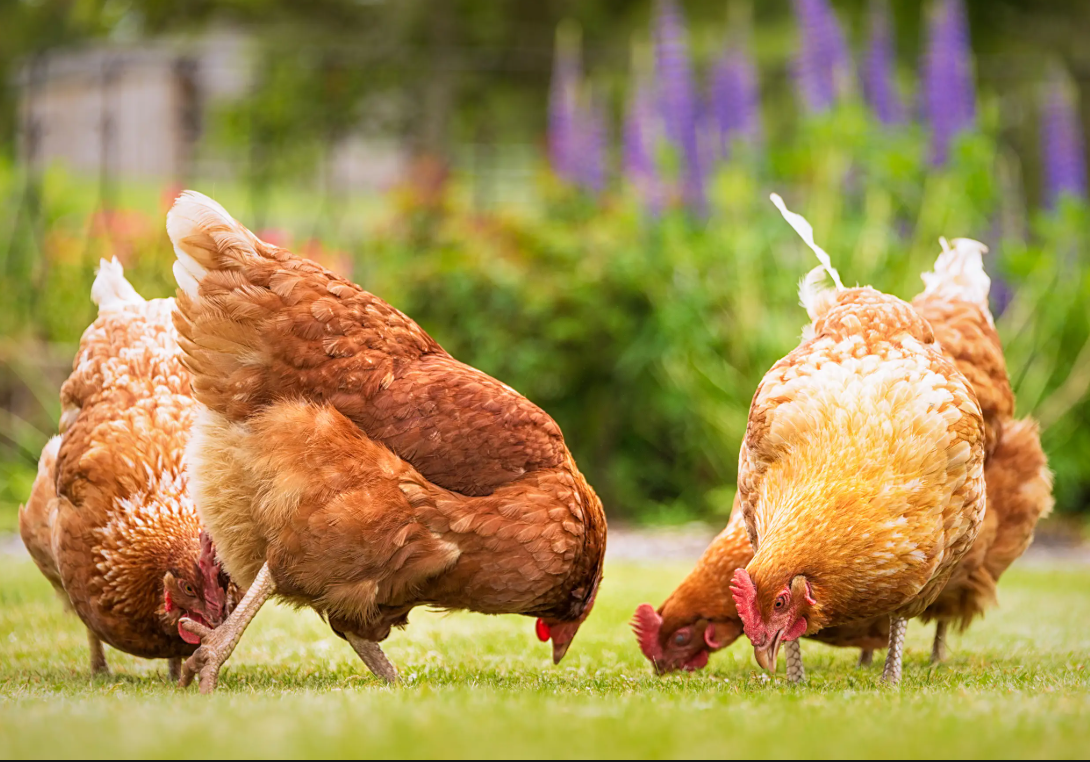I. Biological characteristics and nutritional functions of lysine
Lysine is an alkaline essential amino acid that cannot be synthesized autonomously in animals and must be supplemented through feed. The ε-amino group in its molecular structure has high reactivity and can effectively promote protein anabolism and increase the growth rate of muscle tissue. Adding lysine to feed can make up for the imbalance of amino acids in grain raw materials.
II. Practical effects and mechanisms of feed addition
1. Growth-promoting effect: Lysine significantly improves feed protein utilization by activating the mTOR signaling pathway, and the daily weight gain of animals in the fattening period can be increased by 8-12%
2. Environmental benefits: Adding 0.15-0.3% lysine can reduce manure nitrogen emissions by 18-25%, reducing the risk of eutrophication of water bodies
3. Immunomodulatory function: Lysine, as a key substrate for antibody synthesis, can enhance the resistance of livestock and poultry to common pathogens。
